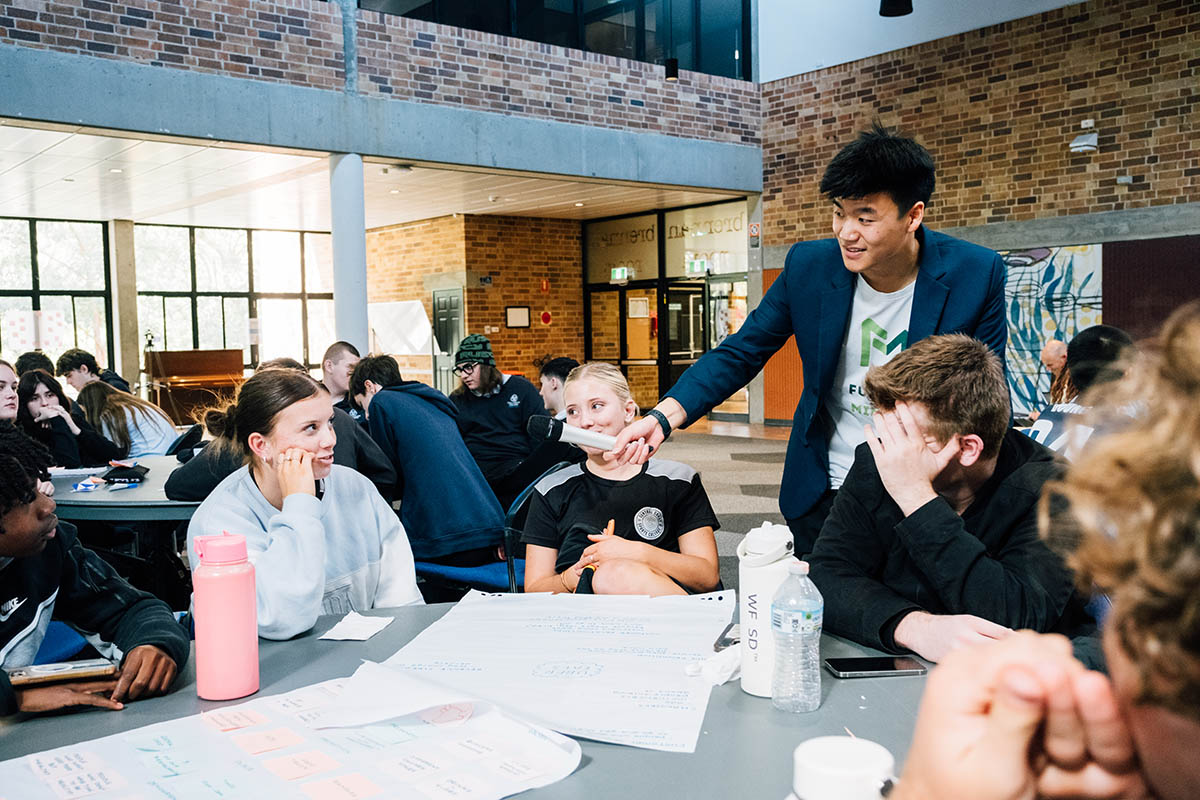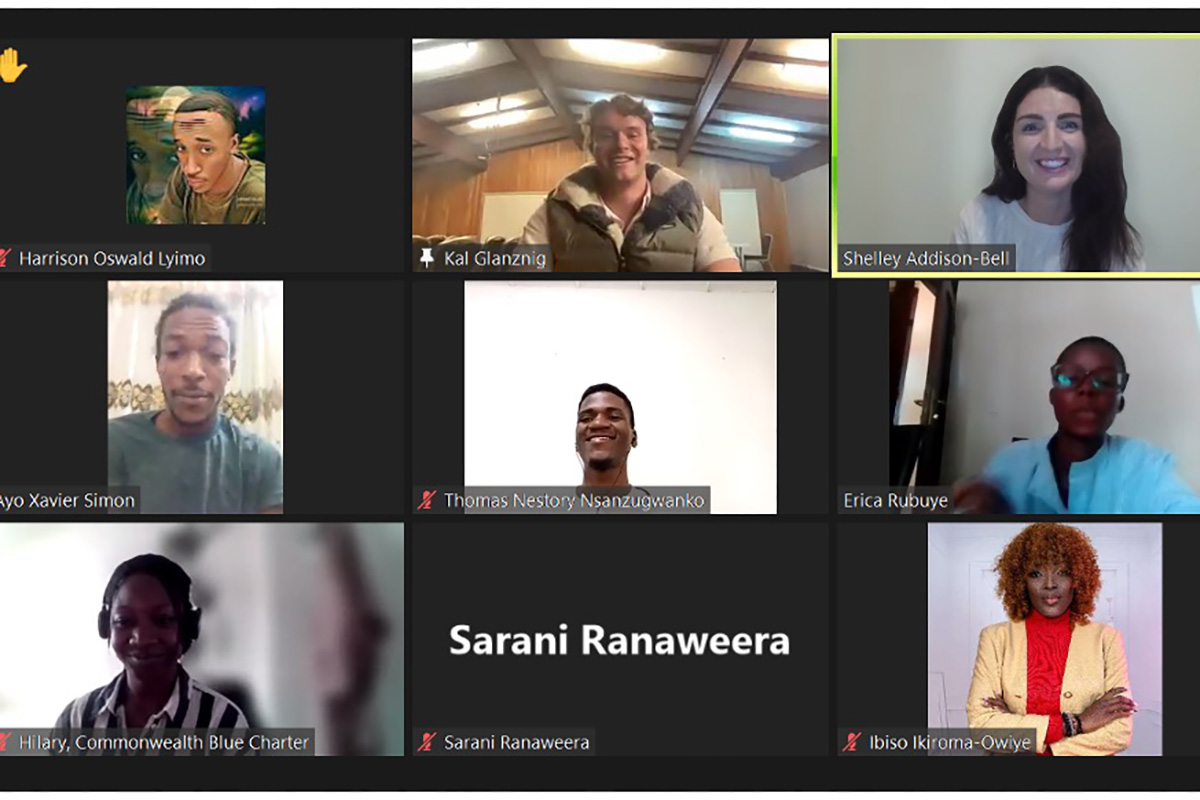A climate change rally that heard from Indigenous people as well as from youth voices caught the camera of Hsin-Yi Lo, a Correspondent from Melbourne, Australia, who gave participants an extra opportunity to speak out. Passionate demonstrators gathered in Melbourne on 27 November 2015 to kick off Australia’s march for Climate Change just ahead of …
“Melbourne’s climate change rally has youth voice” Read More »



